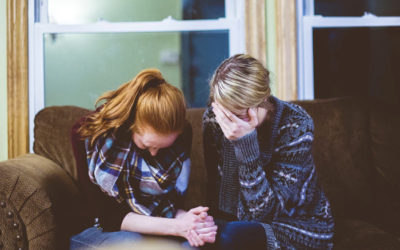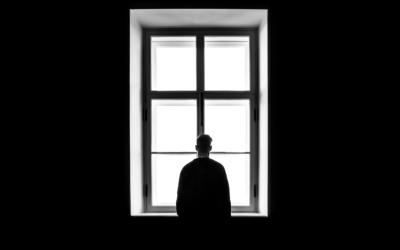Denial, anger, bargaining, depression, and acceptance: these are the very well-known five stages of grief, as postulated by Swiss psychiatrist Elisabeth Kübler-Ross in her 1969 book On Death and Dying. At the time of the book’s publication, very little instruction was given in medical school on the subject of death and dying, which was what motivated Kübler-Ross to share her findings in her work with terminally ill patients.
Since the book’s publication, the five stages of grief have become so well-known it’s now engrained in pop culture. Despite its popularity, some people may be surprised to find out that Kübler-Ross didn’t create the stages to indicate a linear progression of grief, but rather to describe the process of the patients she observed. Before her death in 2004, Kübler-Ross noted in her book On Grief and Grieving that the five stages were not meant to be a linear and predictable progression of grief, and that she regretted that the stages had been misinterpreted.
Coinciding with Kübler-Ross’ own remarks on the five stages, there appears to be no evidence that people go through any or all of these stages, or in any particular order. As unique as is each individual and their relationships, so too is their experience with the grieving process.
Since mourning the loss of a loved one can be such a devastating experience, many who grieve yearn for a checklist, a time to look forward to when the sadness and grief will end. Unfortunately, there seems to be no definitive “end” to the grieving process; much like our own personal growth, we’re never really “done” or complete with grieving.
As we deal with life as it continues, hand in hand with the experience of mourning a loved one, we find a “new normal” – a new way to be in the world without that person in our lives.
Although grief has no particular stages, timeline or ending, it doesn’t mean that we will grieve in the same way forever. The people that we love and lose are forever engrained in our hearts and minds. Over time, the indescribable sorrow of grief morphs into a sort of bittersweet gratitude: still sad that we lost our loved one, but happy and grateful for the gift of sharing our life and time with them.
If you are struggling with grief and need support and guidance, a licensed therapist can help. Please call our office today, and let’s set up a time to talk.

When Will I Start Feeling Better? Grieving for the First Time
One of the most devastating experiences we must endure in life is grieving the loss of a loved one. Although we have the knowledge that everyone will eventually die, and we logically understand the finality of death, no amount of information can prepare us for the...
Do You Know the Signs of Someone Who is Suicidal?
According to the American Foundation of Suicide Prevention, over 47,000 people died by suicide in the United States in 2017. In the same year, there were an estimated 1,400,000 suicide attempts. Knowing the signs of suicide is the primary step in preventing someone...
How to Help Someone Who is Grieving
Few things are more sad or difficult than finding out that a loved one has suffered a personal loss. Many times we fail to reach out to a loved one in grief out of shyness or uncertainty. We worry that we don’t have the words, or know what we can do to help or console...
Quick! Get Your "Top Tips For Getting the Most Out of Counseling" Cheatsheet!
Like some of what you've seen and want to see more? Sign up for our Mailing List for a free cheat sheet on making the most out of counseling. Our list members also gain access to exclusive specials and announcements, as well as the latest from our Counseling Blog!





